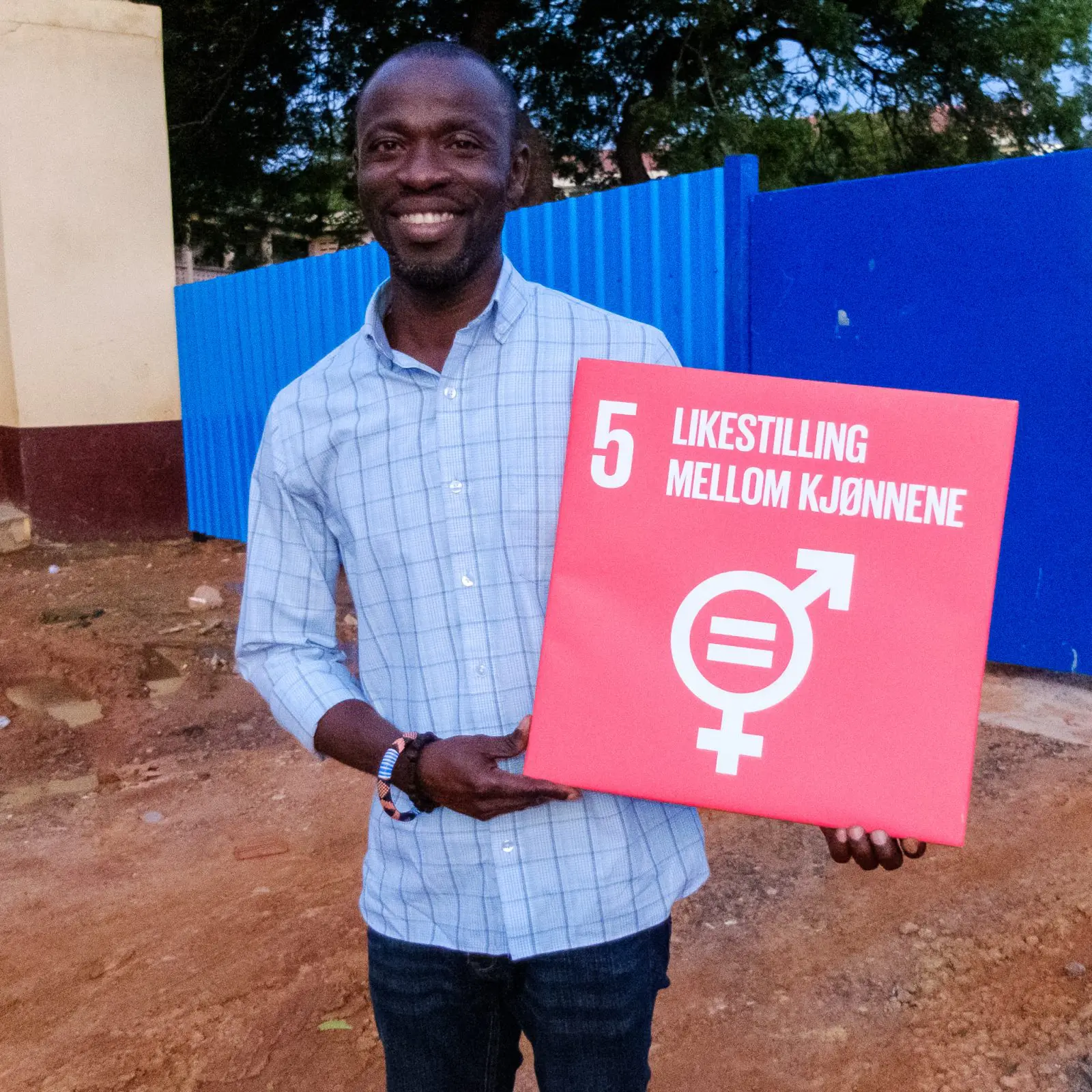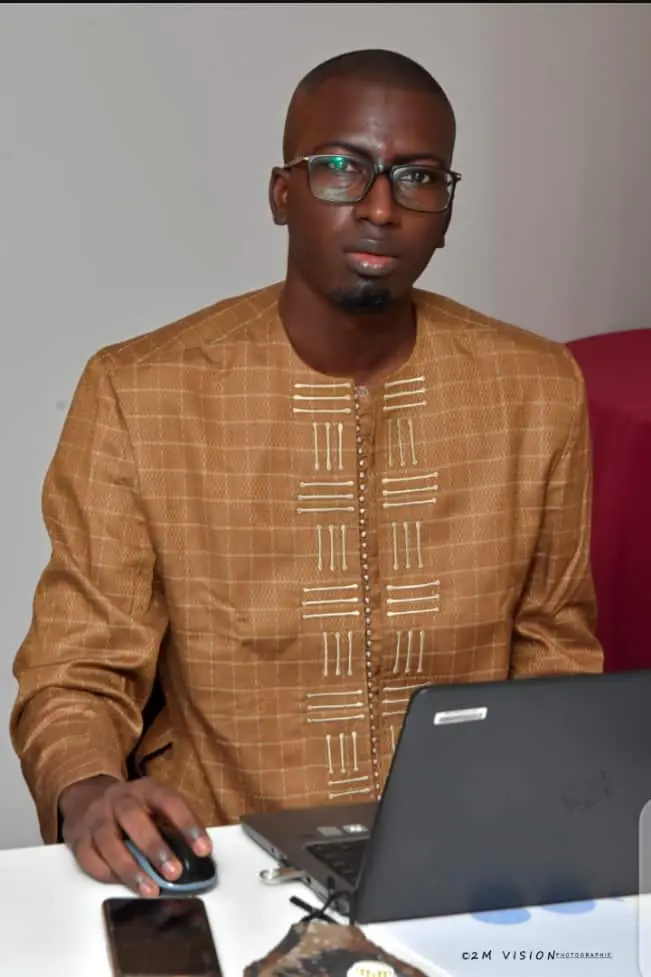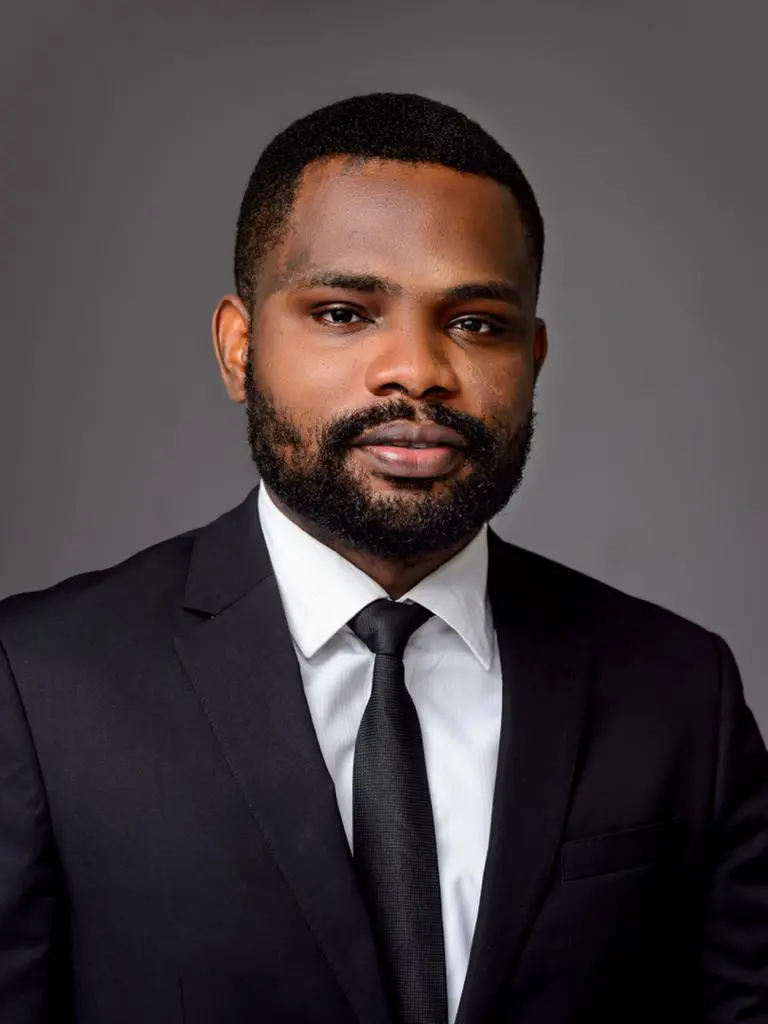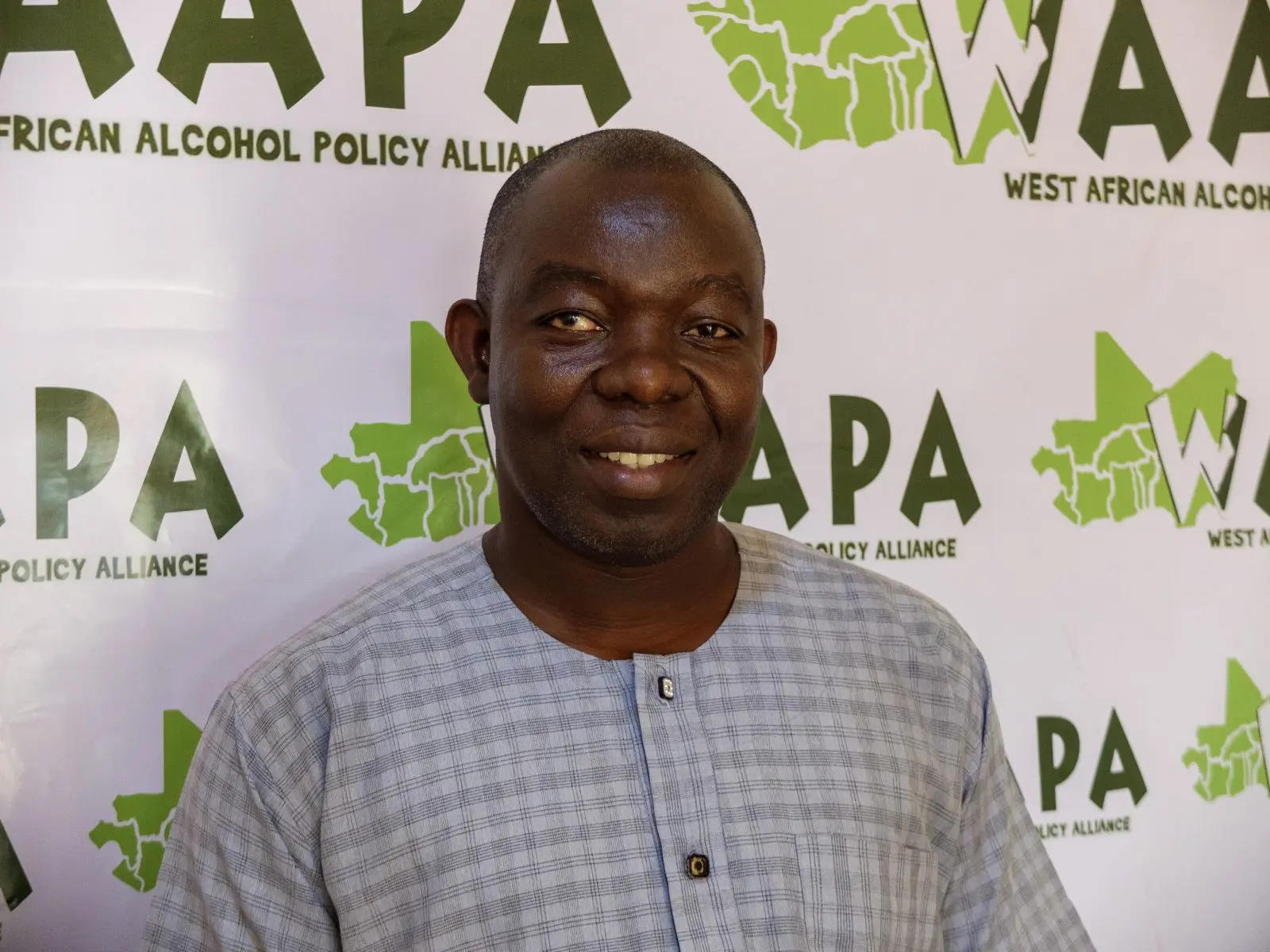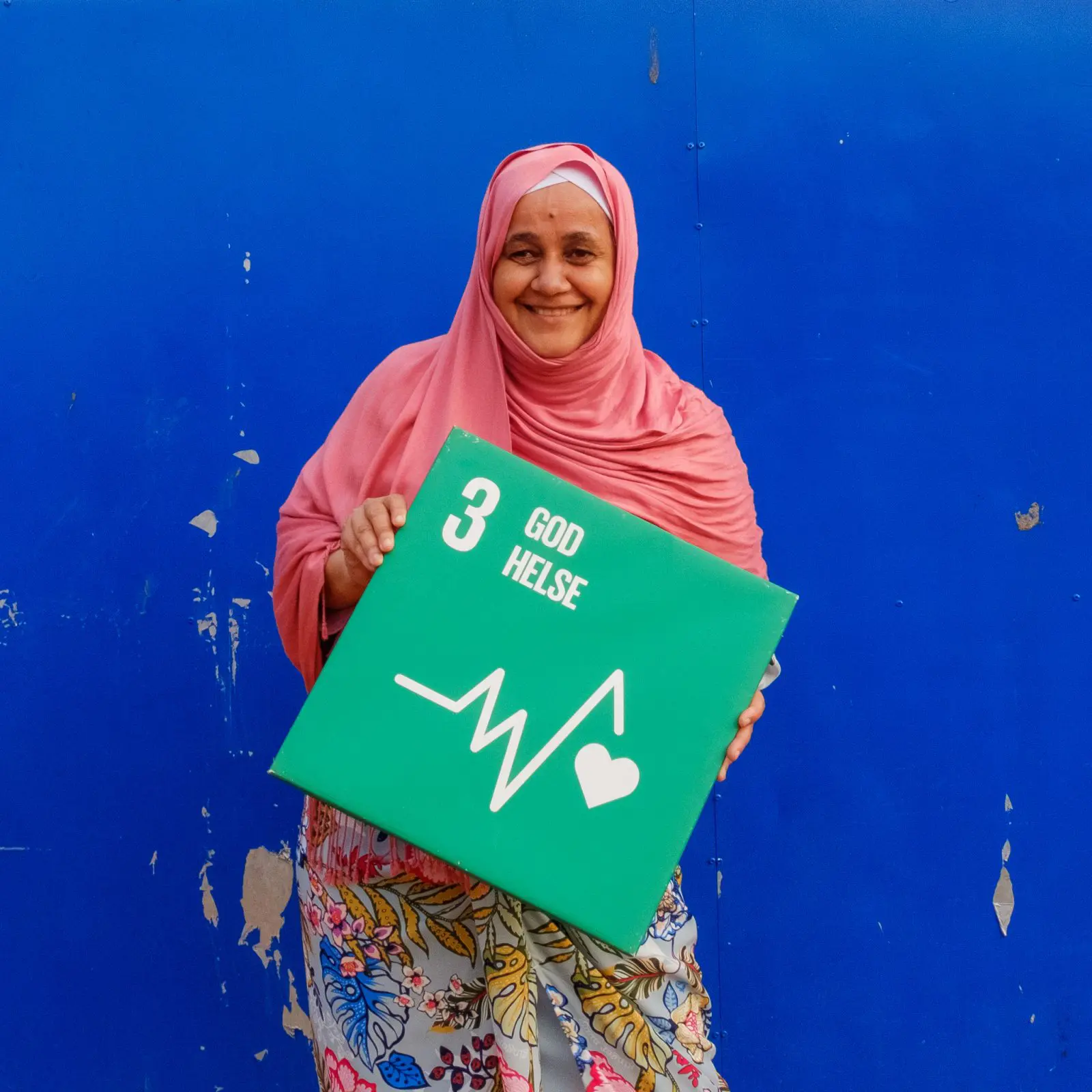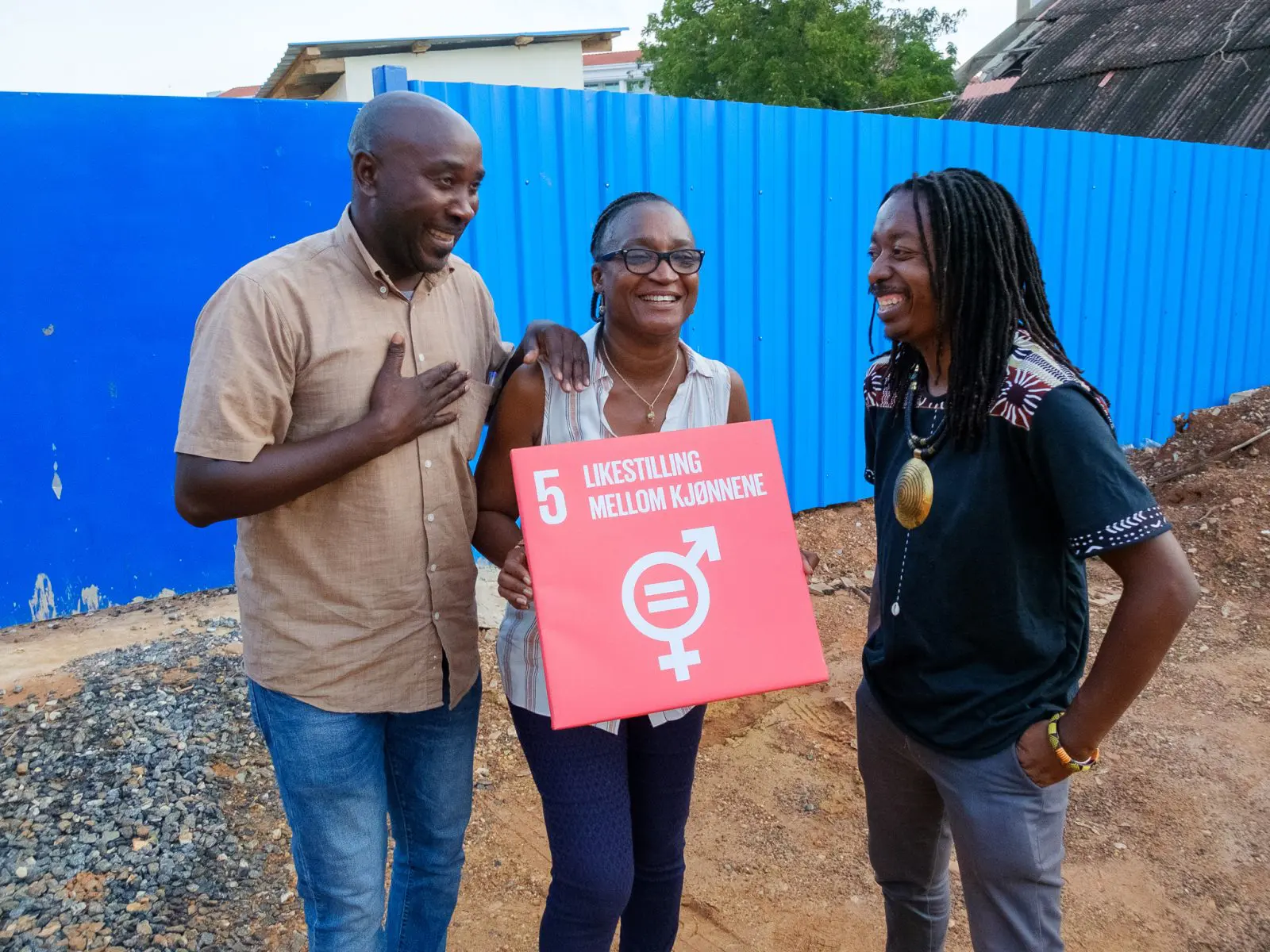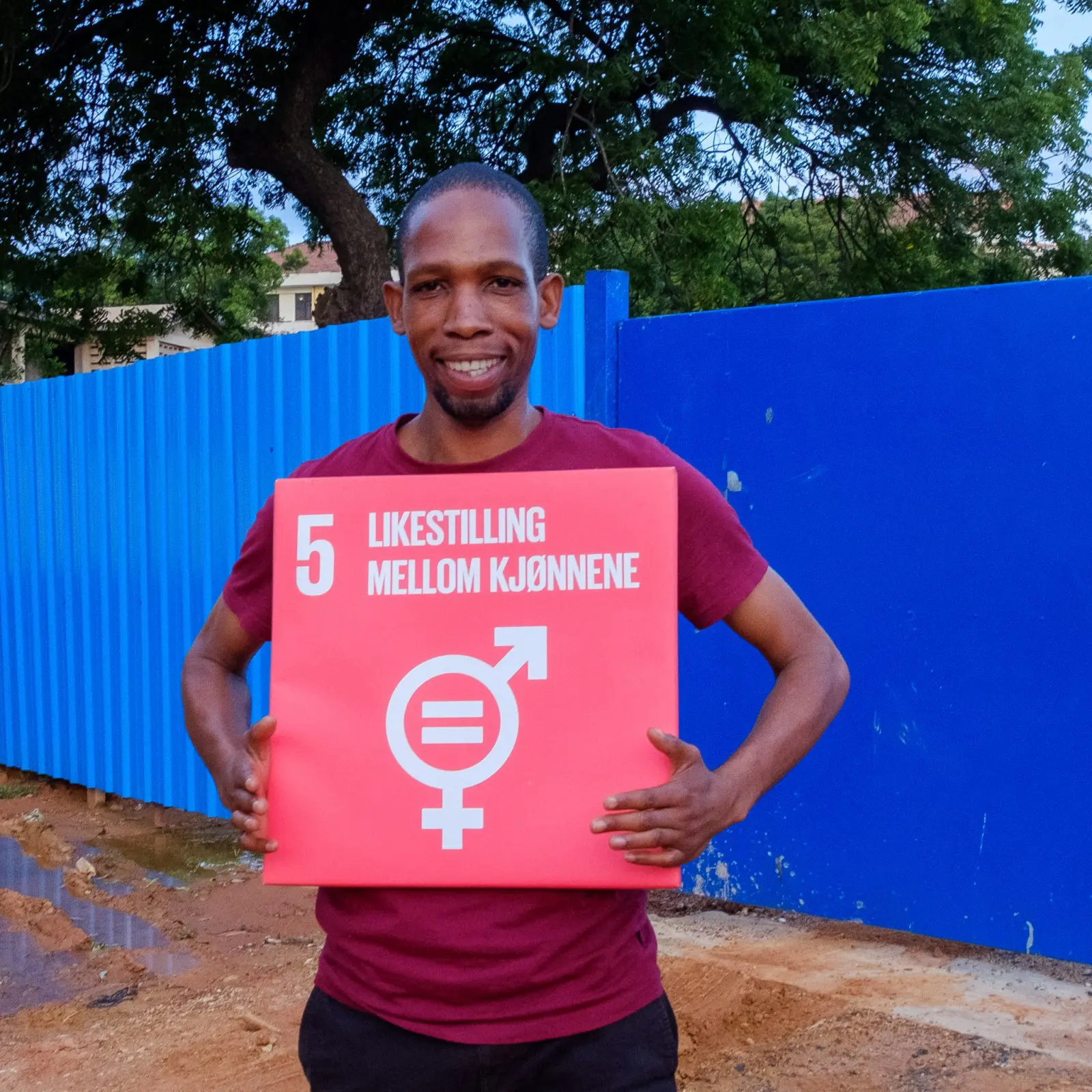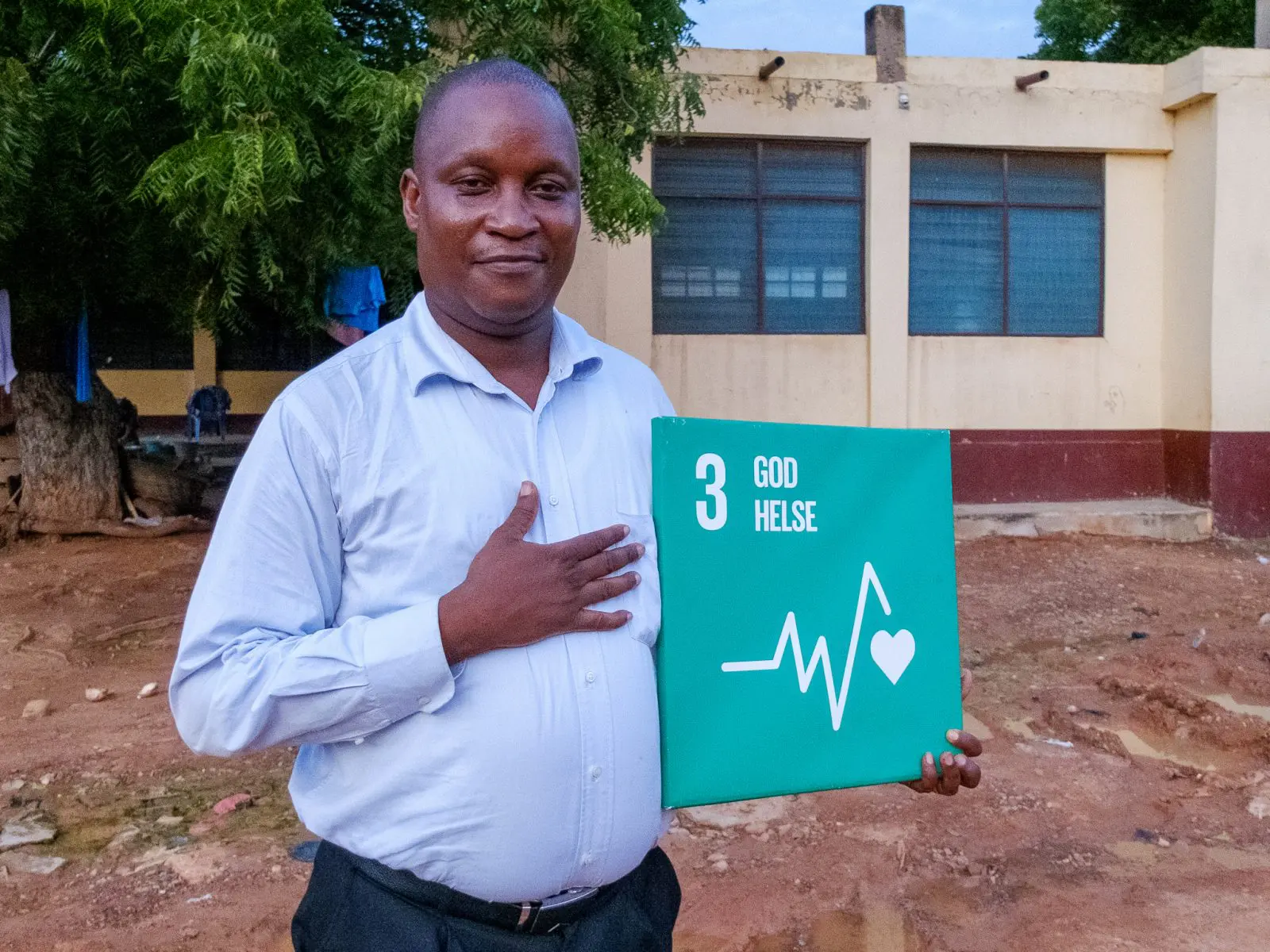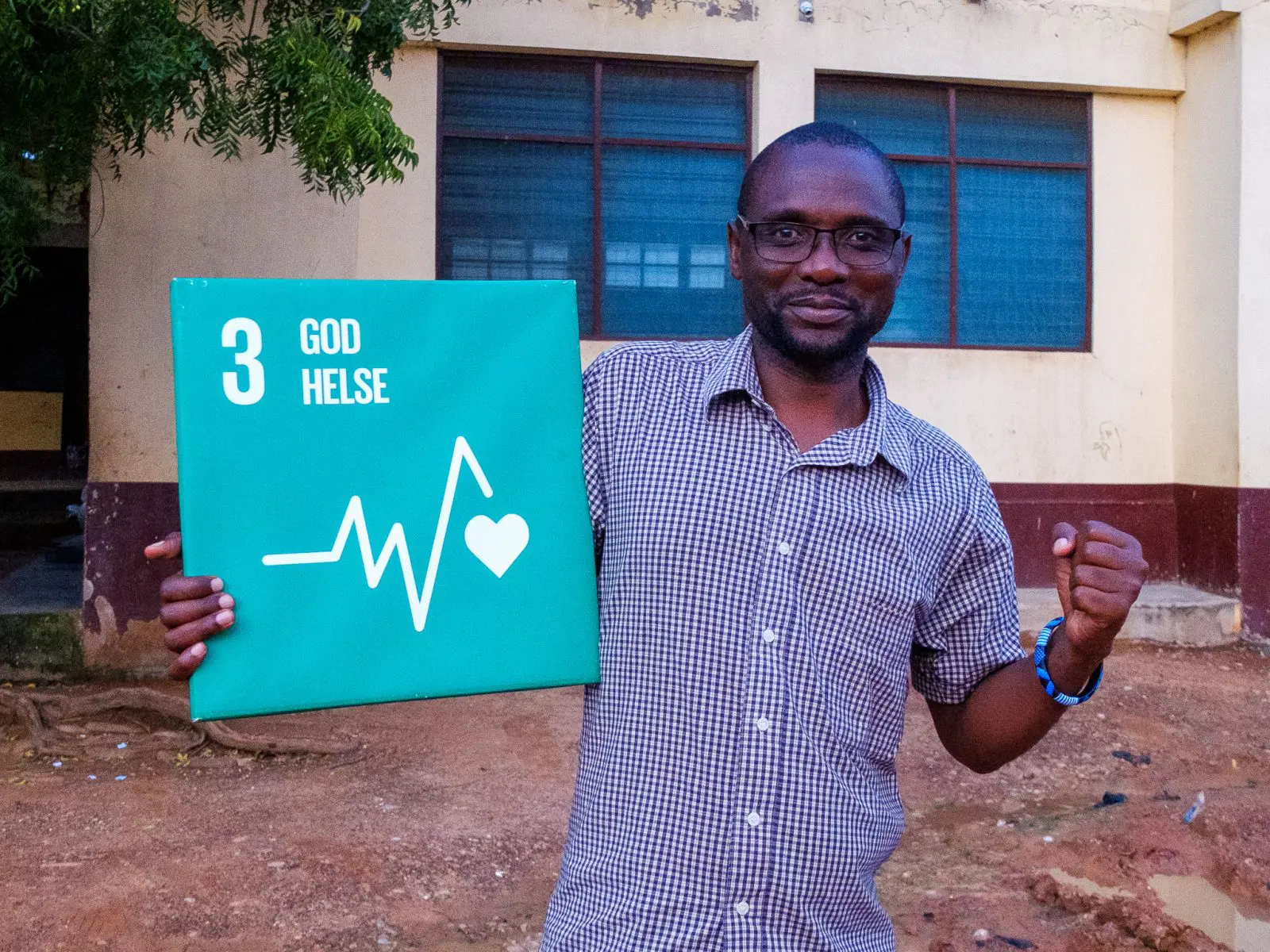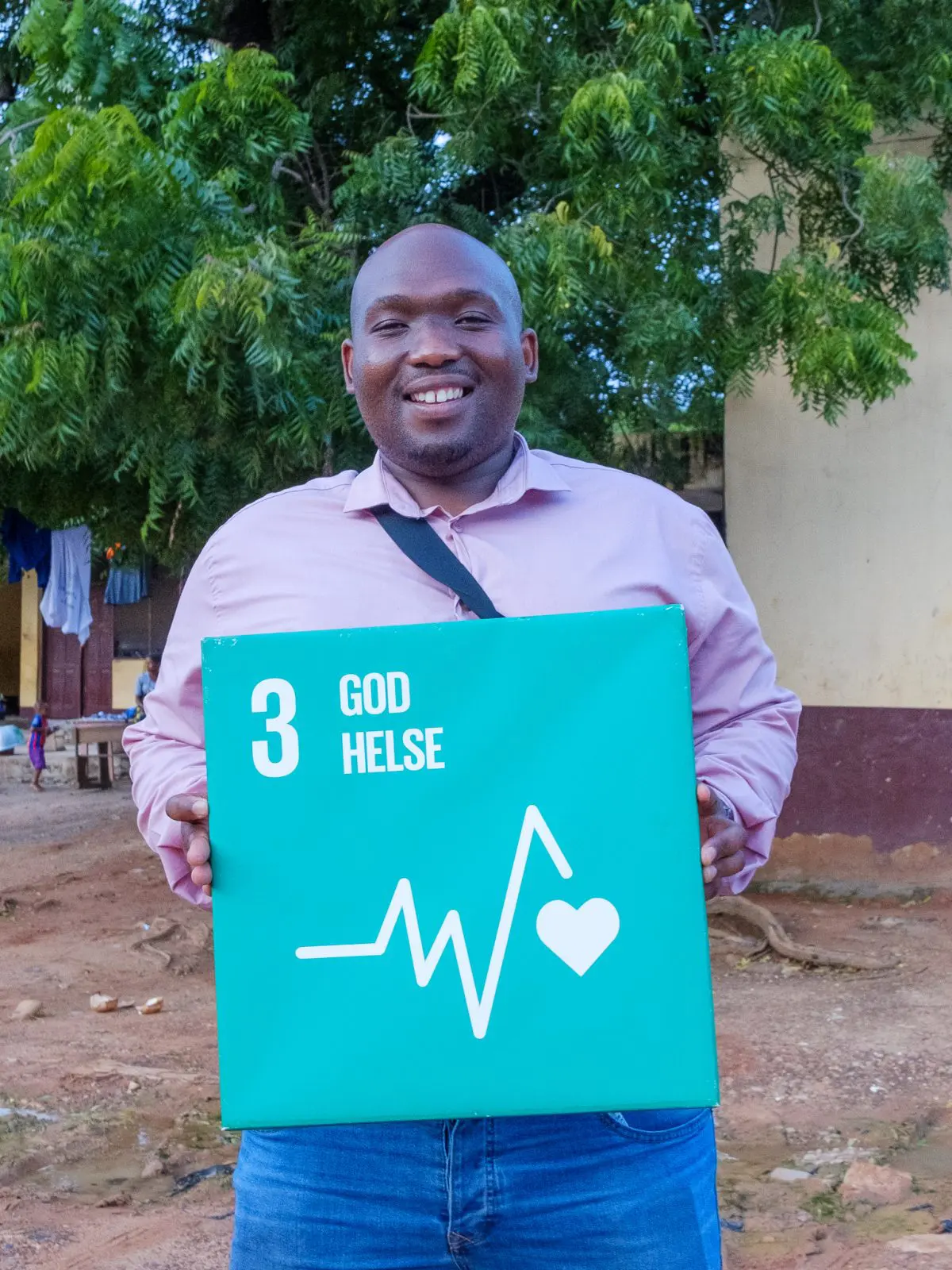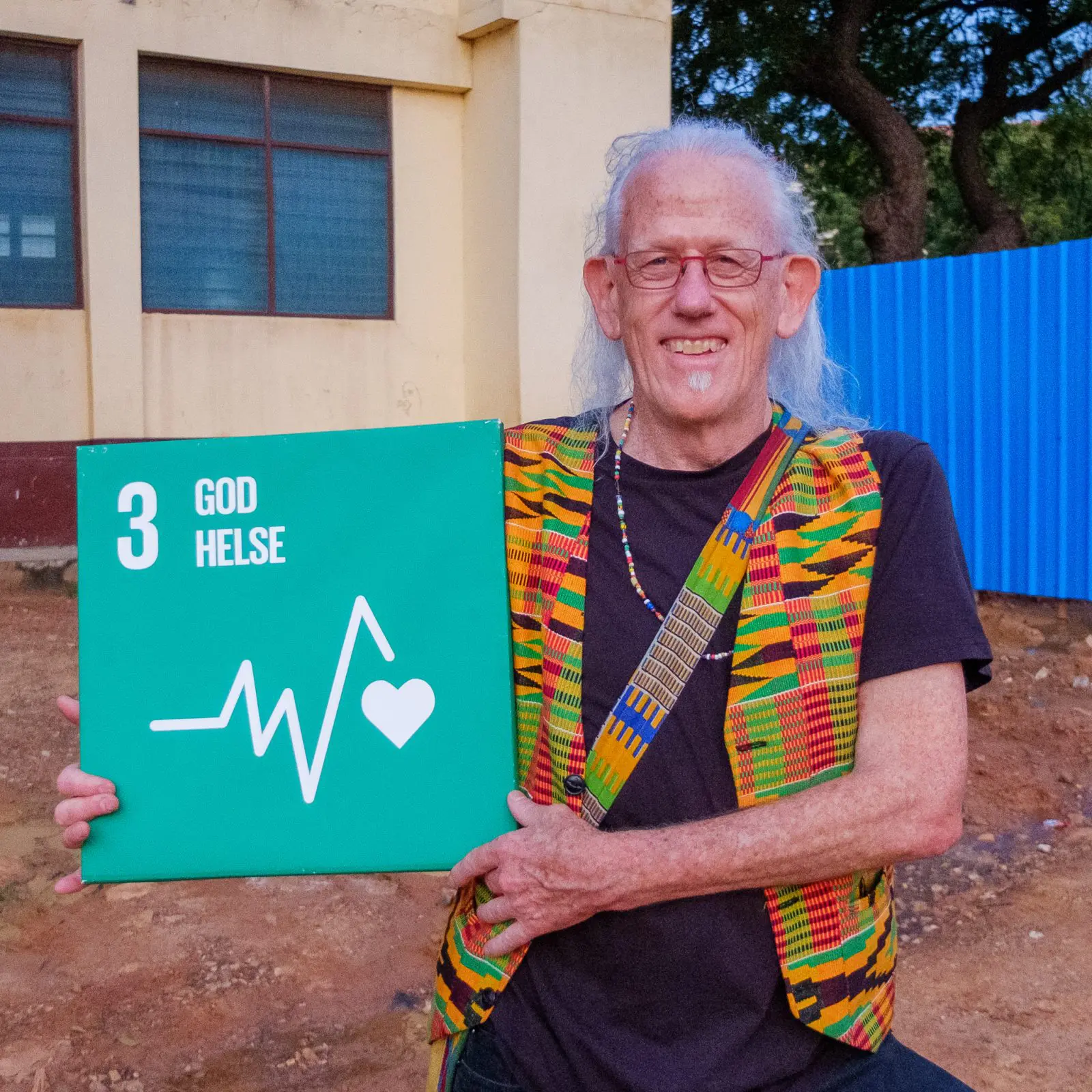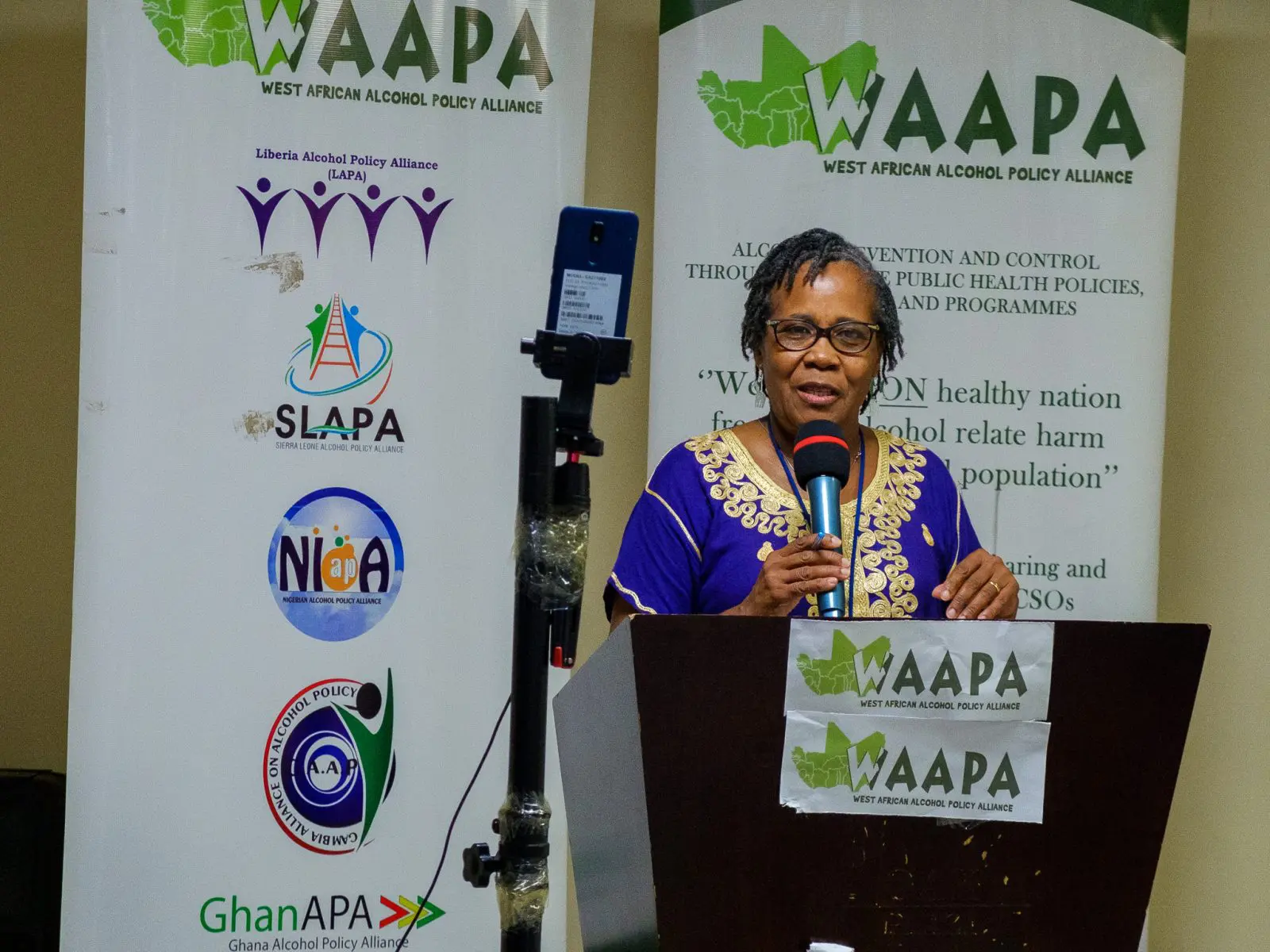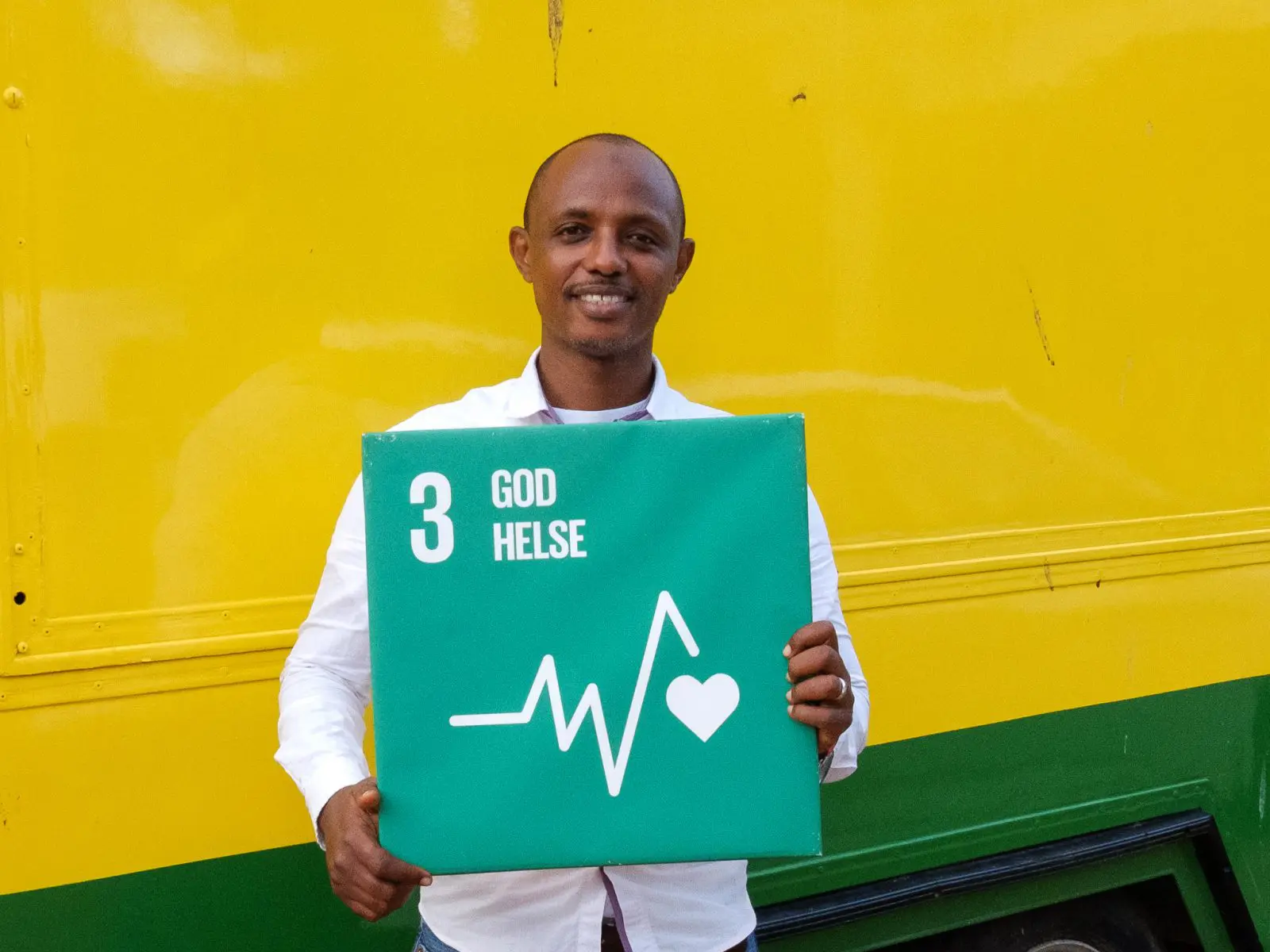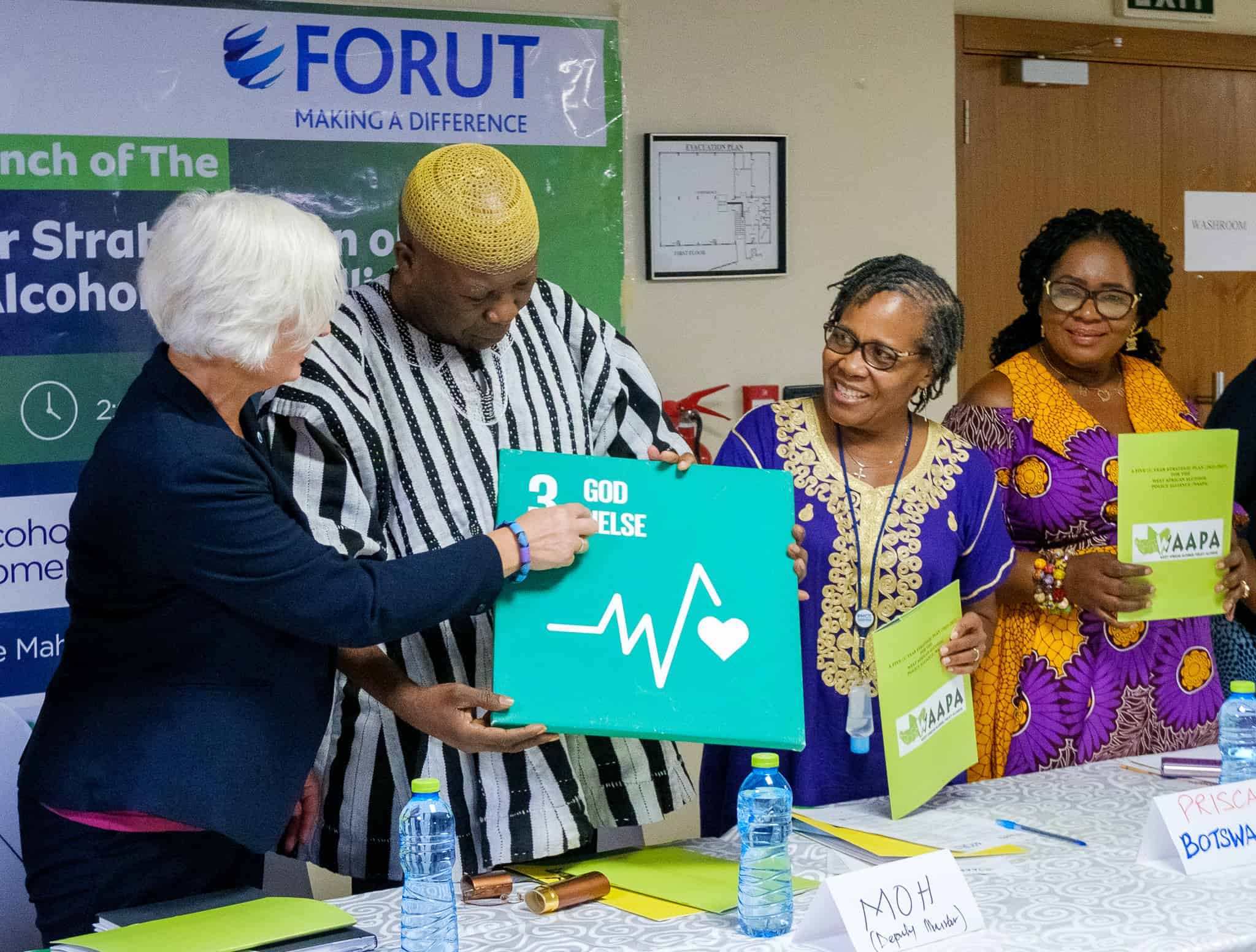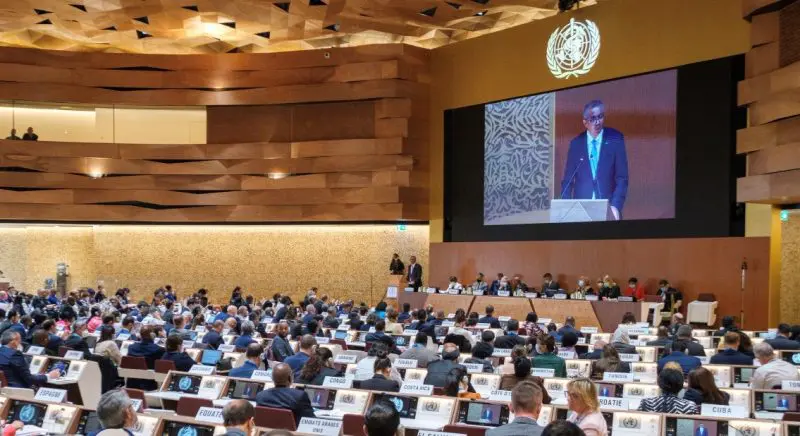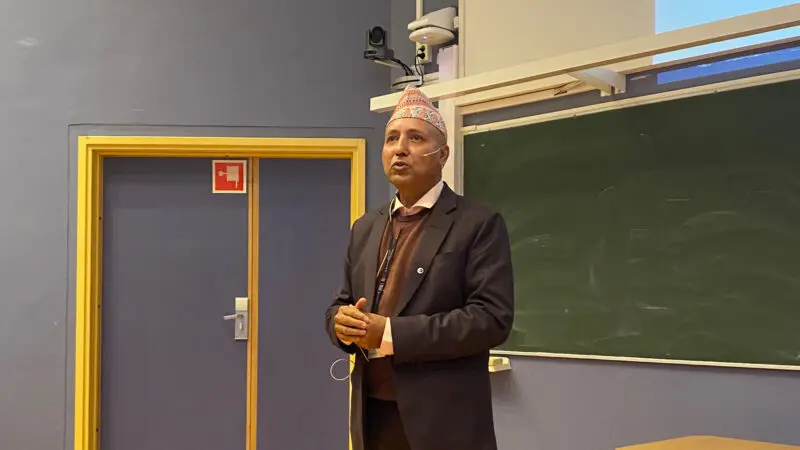The West African and the Southern African Alcohol Policy Alliances (WAAPA and SAAPA) met with FORUT over four days recently in Accra, Ghana. Objectives: Firstly, assess the impact being made the four previous years in developing, adopting, and implementing efficient alcohol policies and legislation in 13 countries in the two regions. Secondly, strategic planning for the next five years. Thirdly, share and learn from each other.
The regional alliances WAAPA and SAAPA are crucial partners of FORUT in implementing FORUT’s comprehensive development project that is funded by Norad – the Norwegian Agency for Development Cooperation. The regional alliances support 13 country alliances, and they were all part of the meeting; Sénégal, the Gambia, Nigeria, Liberia, Ghana, Sierra Leone in the Western region. Zimbabwe, Zambia, Malawi, Namibia, Lesotho, Botswana, and South Africa in the Southern region.
Key personnel in FORUT and in the alliances – including chairs and board members, the heads of secretariats, the coordinators and liaison officers in each of the countries, and the Secretary General and Programme Director of FORUT – altogether 24 participants took part in the extensive meetings.
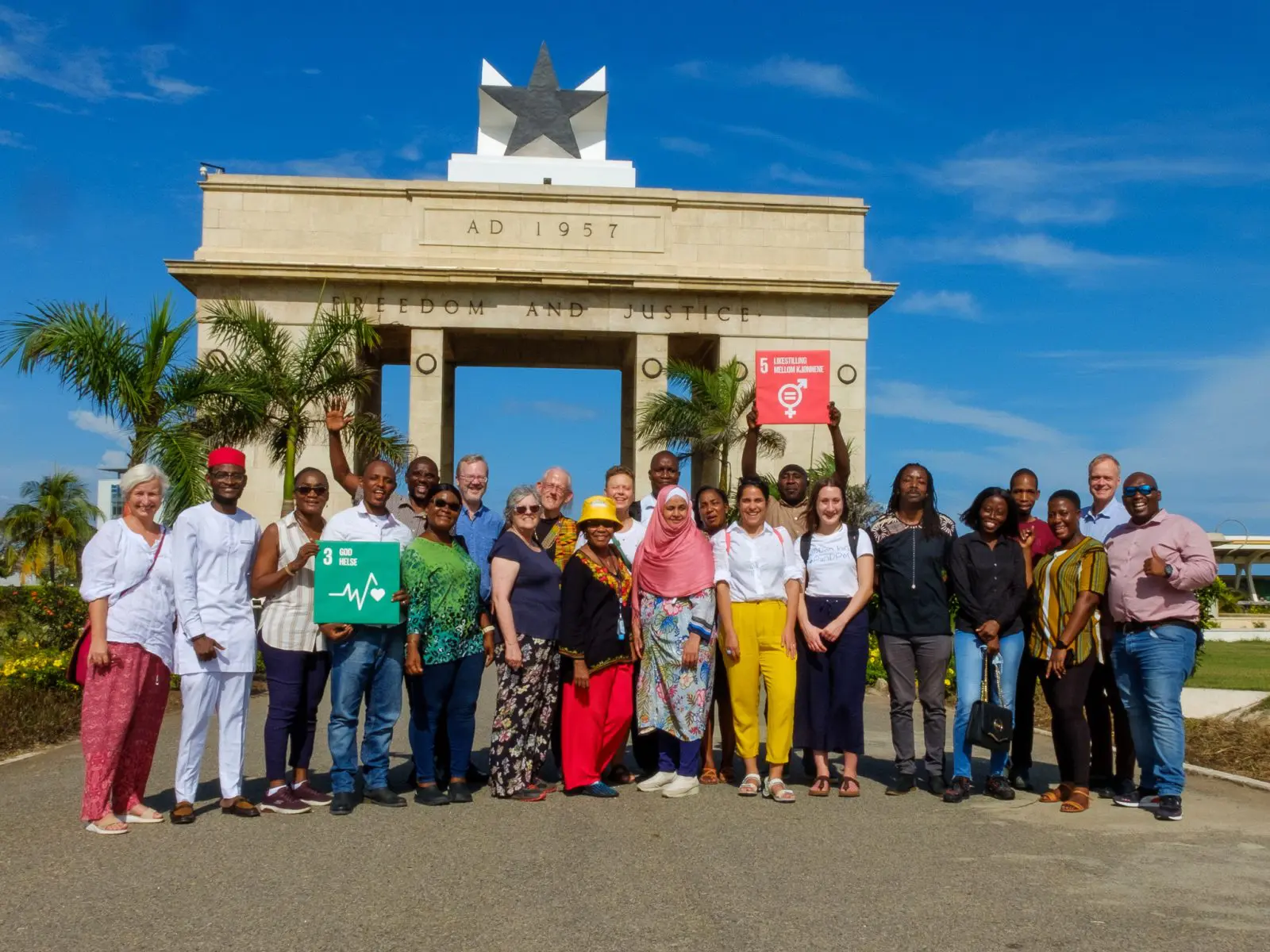
Learn and share
The different countries in the regional alliances are at different stages in policy development; from developing alcohol policy drafts, getting them adopted, and even working to get legislation in place.
– A key aim in having all countries together was to learn from countries that are in the same or consecutive policy or legislation phases. This was a much welcome opportunity for us, having worked in near country isolation since the beginning of Covid, says Regional Coordinator of SAAPA, Aadielah Maker Diedericks.
Launch of WAAPA Five Year Strategic Plan
Wednesday September 28th WAAPA invited to the launch of their five-year strategic plan. The Deputy Health Minister of Ghana, Hon. Alhaji Mahama Asei Seni (MP), was present, alongside Dr. Mrs. Olivia Boateng, Director of Tobacco and Substance Abuse Directorate in the Food and Drugs Authority in Ghana, and Dr. Caroline R. Amissah, Deputy Chief Executive from Mental Health Authority in Ghana. Their presence is a testament to the strong relationship that WAAPA and Ghana Alcohol Policy Alliance has with government in Ghana.
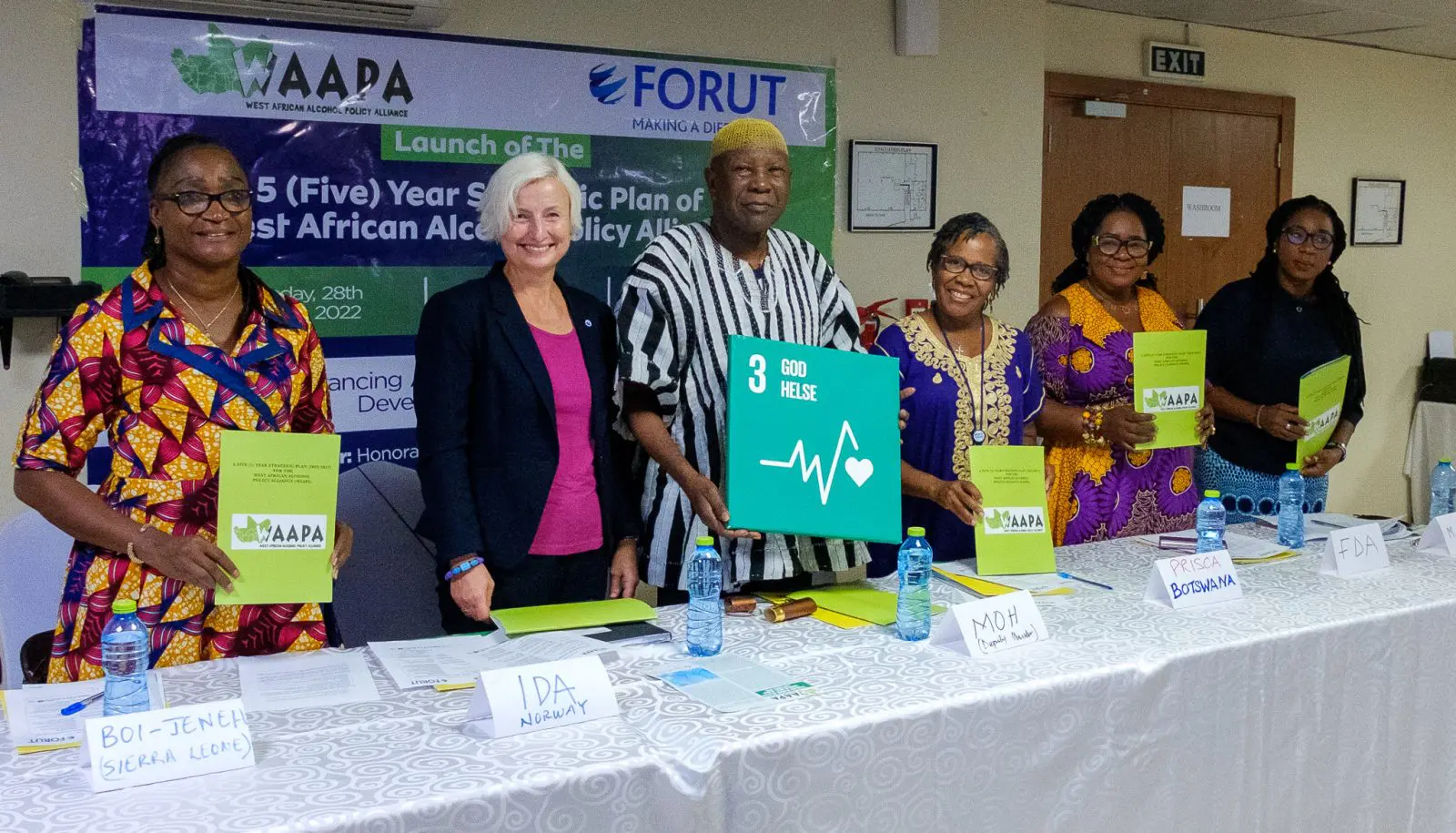
Civil Society is key
The impact analysis that was conducted as part of the meeting in Accra showed that the national alliances have been getting clear results the last four years. In Liberia, Sierra Leone, the Gambia, and Nigeria alcohol policies are in adoption phases. In Zambia and Malawi policies are being implemented, and in Botswana the national alliance has been training members of local liquor boards in order to secure a public health perspective on licensing.
Above all the alliances across the two regions are positioning themselves as strong voices of civil society on matters relating to alcohol policy. On regional level SAAPA and WAAPA are engaging the relevant regional WHO bodies, and in August WAAPA was present with observer status at the Seventy-second session of the WHO Regional Committee for Africa in Lomé, Togo.
– Civil society is key in moving the alcohol policy agenda in Africa, and SAAPA and WAAPA balances perfectly the three roles as reliable partners for government, watchdogs in exposing alcohol company misconduct and policy penetration, AND agents in holding governments accountable, says Ida Oleanna Hagen, Secretary General of FORUT.
More pictures from the meeting below
